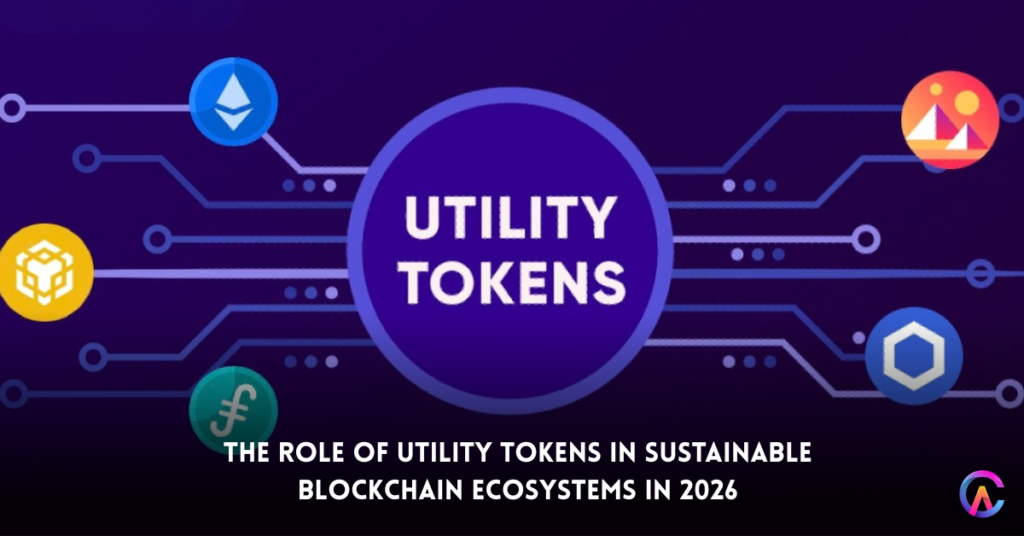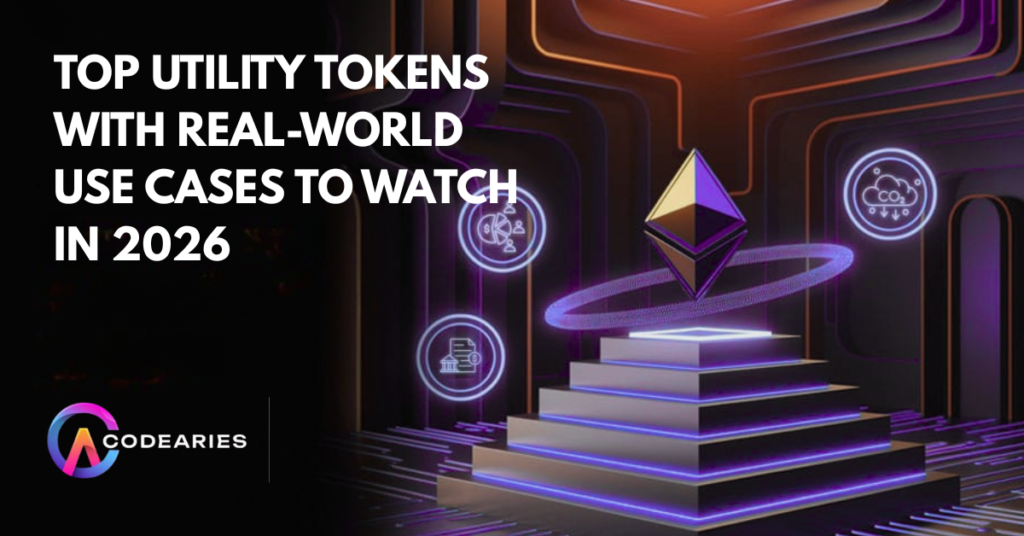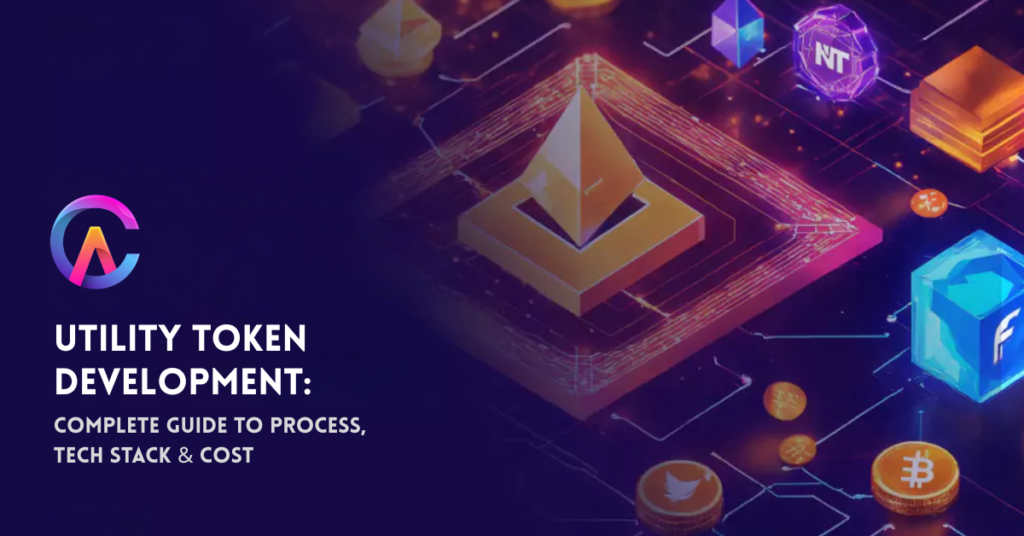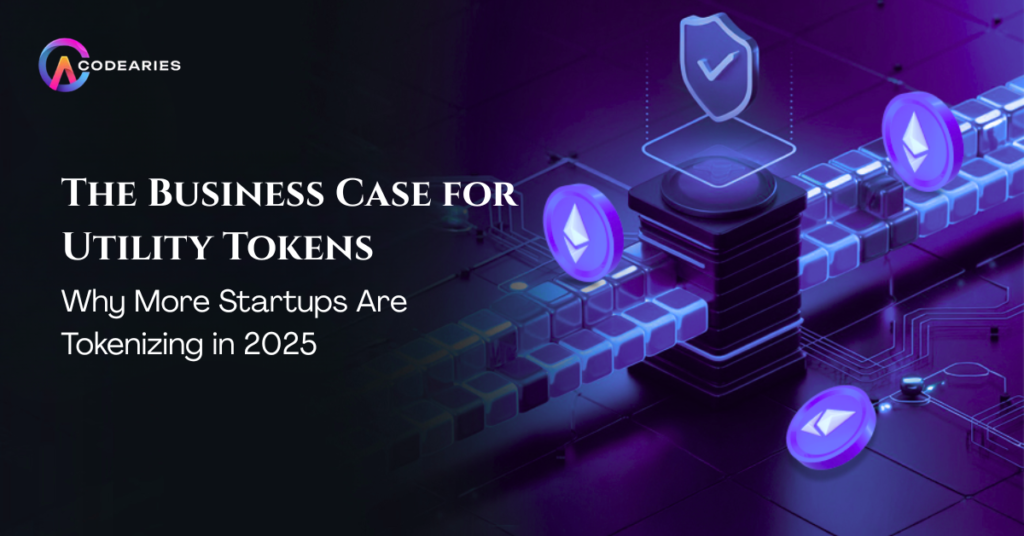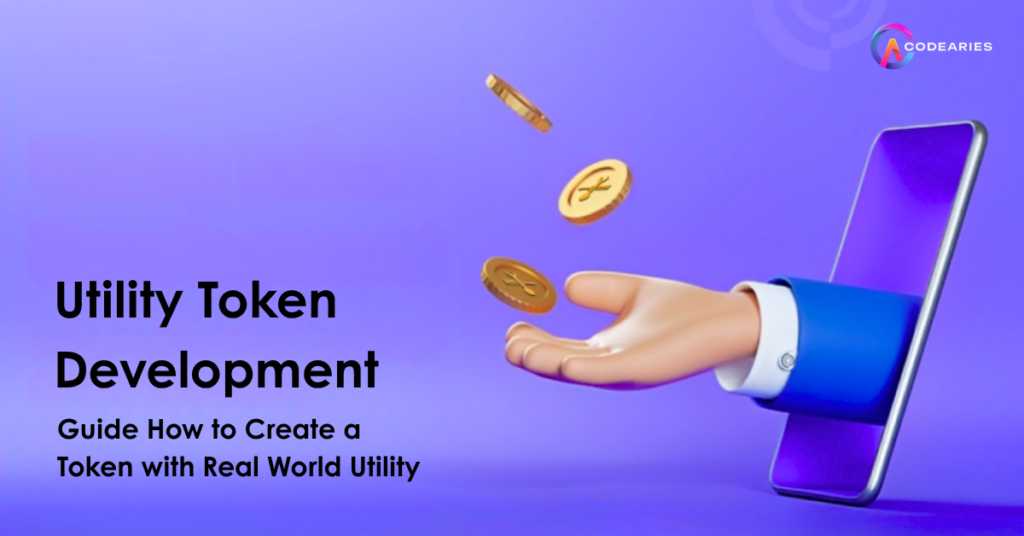Utility Tokens in Blockchain Ecosystems 2026
Read 7 MinIn 2026, utility tokens matter most when people actually use them. Because they tie user actions to developer goals, keeping everyone moving together. Instead of chasing quick profits, these tokens help networks last longer. Their job? Letting you pay fees, access tools, lock up value for safety, vote on changes, while also giving back to those who support the system. So growth comes from real activity, not noise. Blockchains begin running like engines fueled by participation. With each interaction, the whole thing gets stronger. Not because someone said so but because it works that way by design. One year before the decade turns, most fresh blockchain setups lean on utility tokens to move value around. About half of new crypto ventures hand out tokens to keep users coming back, sparking more action across platforms. These digital assets now underpin everything from finance apps to games, AI tools, data flows, and corporate tech stacks. A closer look shows how they’re shaping long term system health. Codearies steps in by crafting custom built token frameworks tailored to client needs 1) Utility tokens align incentives for network security One way to keep blockchains secure over time? Utility tokens help by allowing users to delegate stakes. Penalties kick in if something goes wrong, thanks to slashing rules built into the system Key points Facing penalties keeps validators honest. When bad behavior happens, part of their token deposit gets taken away. This setup protects the system. Instead of using massive power like old methods do, trust comes from financial risk shared by those who verify transactions With delegated proof of stake, people can help secure the network by assigning their tokens to validators, these contributors then receive returns. Power spreads more widely this way, reducing control by large holders A drop in available tokens happens when users act poorly, this shrinkage benefits those playing fair while hitting attackers where it matters Fences go up when trust runs low, digital ones too. These systems lock tight while growing without leaks. 2) Fee markets drive sustainable economic activity Fees from utility tokens flow steadily into project coffers, this supports coding updates, safety checks, community programs. Outside investors aren’t needed when income comes straight from usage. Selling off large token stacks? Not required here Key points Fees from base layers along with those set by L2 sequencers move toward operators and scheduling systems, helping core operations remain viable when demand rises Fees shift when usage changes, stopping clutter plus sending money where it belongs, say, to those handling data access or processing batches Fee earnings help fuel decentralized exchanges, loans, and cross chain links, built from within, not propped up by outside funds Fees change how networks earn money. Yet they also shape growth patterns across systems. 3) Access control and service gating creates organic demand Utility tokens are like keys that unlock premium features, services, and data, helping to prevent free rider issues and ensuring that paying users are the ones driving growth. Key points Tokens provide access to AI inference. DePIN compute data feeds into premium APIs or high throughput tiers, generating natural buying pressure from genuine usage. Tiered access models allow free users to explore basic functionalities while power users can pay for priority access or advanced features. Subscription like systems that use tokens for recurring payments help create predictable revenue and lessen volatility compared to one time purchases. Demand comes from solving real problems. 4) Governance tokens enable community ownership Utility tokens also serve as governance tools, allowing holders to vote on upgrades, parameters, and treasury allocations, ensuring that networks evolve according to user needs. Key points Quadratic voting delegation and conviction voting help prevent whale dominance while empowering active users to influence the protocol’s direction. Treasury management utilizes token revenue to support public goods, developer bounties, and ecosystem tools without centralized control. Snapshot and on chain governance blend speed with finality, enabling communities to iterate more quickly than traditional foundations or VCs. Networks belong to their users. 5) Deflationary mechanics through burns and buybacks Sustainable tokens incorporate supply reduction strategies to counter emissions and reward long term holders. Key points Transaction fees, protocol revenue, or MEV flow into buyback and burn mechanisms, gradually reducing the circulating supply over time. Dynamic emissions adjust based on staking participation or network security needs, preventing runaway inflation. Token sinks like storage rent, bandwidth auctions, or computer leasing create ongoing demand side pressure. Scarcity comes from usage, not artificial limits. 6) Interoperability and cross chain utility When utility tokens connect via bridges, they travel across chains using oracles that keep data flowing. These links let the token live in many places at once while staying part of one unified system. Instead of breaking apart, the network grows wider, held together by smart routing and shared rules. Each new connection adds space without splitting what already works Key points Messages between chains allow tokens to support tools on different levels, linking main networks, secondary layers, plus specialized chains. This setup puts funds where they work best while letting systems mix more freely Funds flow freely across chains thanks to unified pools, where returns grow even as assets move via simplified connections Spending, staking, even making decisions, across different networks feels smooth when the wallet simplifies what’s underneath. Hidden layers mean fewer hurdles without slowing things down A single coin, spreading through different digital worlds. 7) Real world asset backing and stable yields Nowadays, utility tokens back real world assets, often propping up stablecoin reserves while generating steady returns from actual business flows Key points Stable payouts come from RWA backed staking, separate from crypto swings, this pulls in institutional players A steady return comes from fees earned by the system, supporting token value without relying on market bets. This income flow ensures a baseline gain, keeping interest alive even when trading slows down Buying carbon credits helps companies support clean energy while meeting environmental targets. These tokens link financial incentives with greener operations. Firms use them to attract

